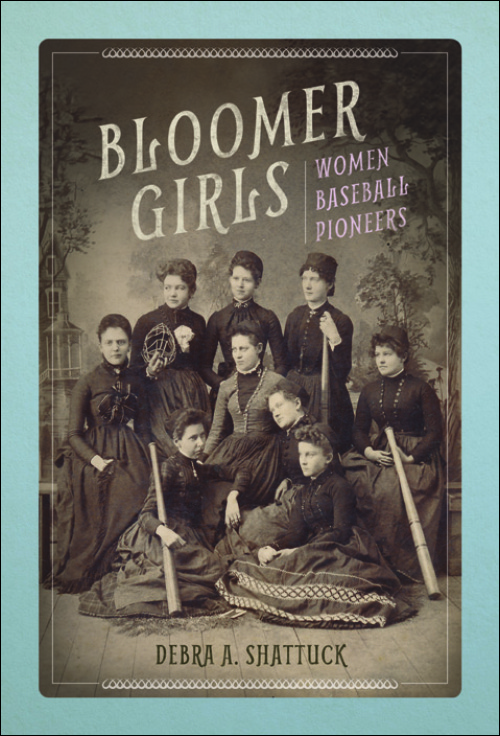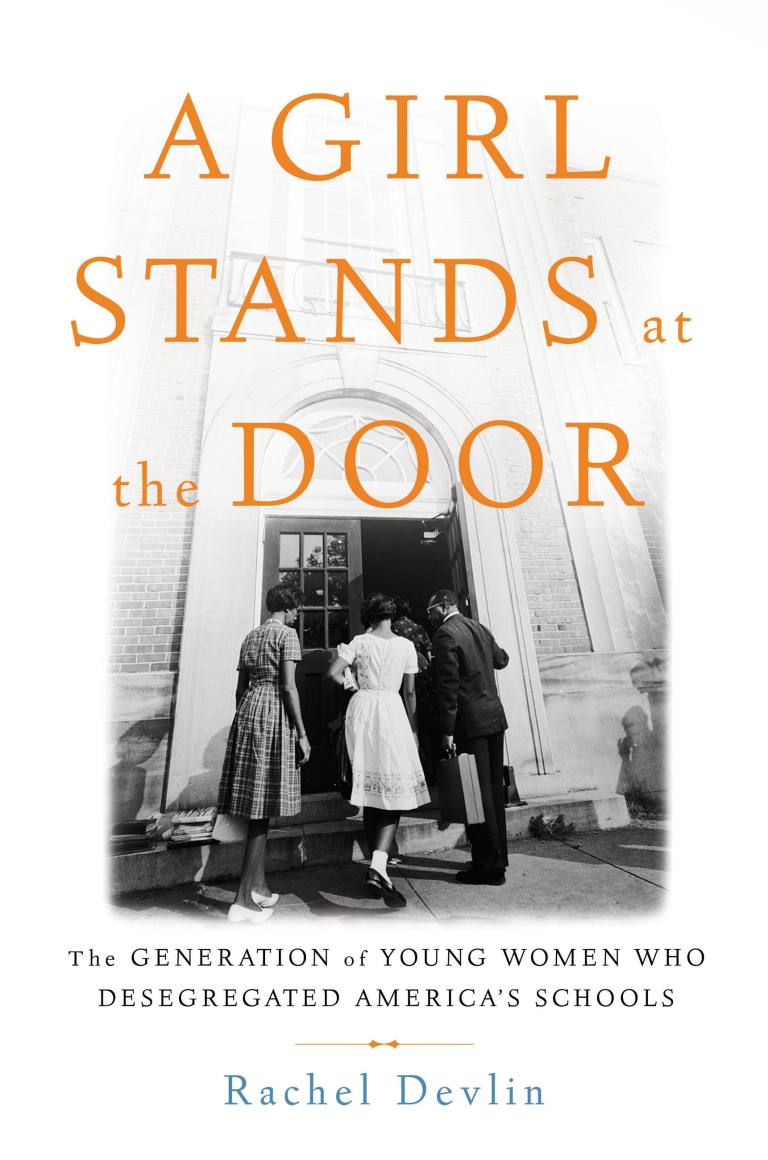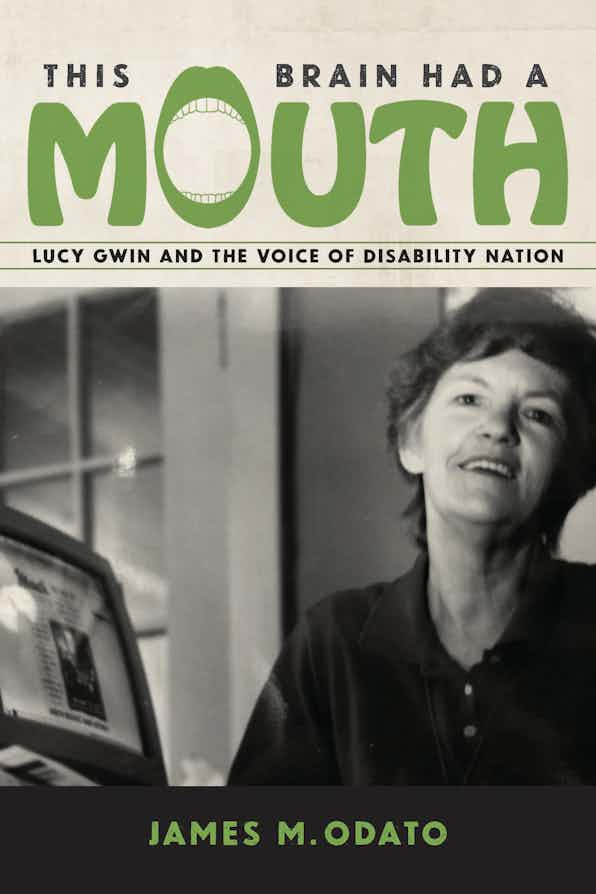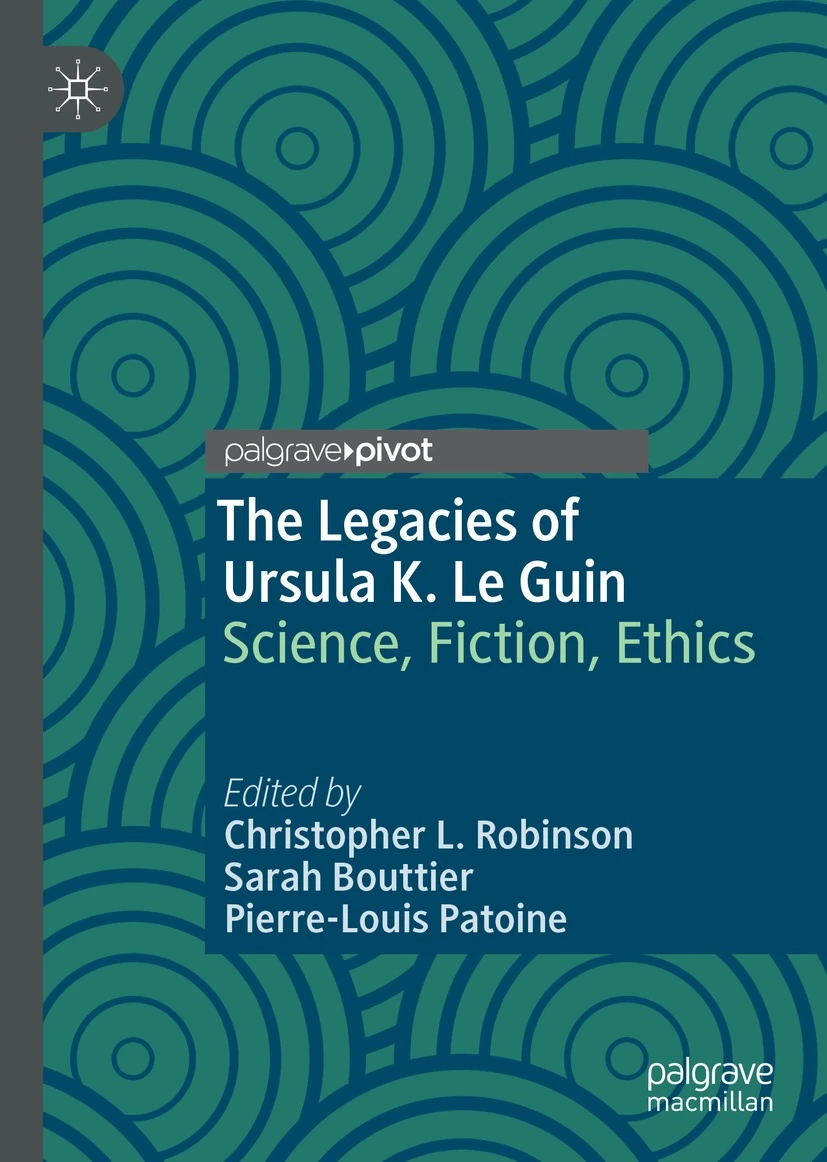


Looking beyond the national leadership of the suffrage movement, an acclaimed historian gives voice to the thousands of women from different backgrounds, races, and religions whose local passion and protest resounded throughout the land.

Though baseball began as a gender-neutral sport, girls and women of the nineteenth century faced many obstacles on their way to the diamond. Yet all-female nines took the field everywhere. Debra A. Shattuck pulls from newspaper accounts and hard-to-find club archives to reconstruct a forgotten era in baseball history.
The biography of one of the most famous abortionists of the nineteenth century—and a story that has unmistakable parallels to the current war on reproductive rights.

In the grassroots struggle to desegregate American schools, girls were the vanguard. In the late 1940s, parents filed lawsuits with their daughters, forcing civil rights lawyers to take the issue to the Supreme Court. After Brown v. Board of Education, girls far outnumbered boys as volunteers. These are the remarkable stories of the girls who saw themselves as responsible for the difficult work of crossing color lines.

Author, advocacy journalist, disability rights activist, feminist, and founder of Mouth magazine, Lucy Gwin (1943--2014) made her mark by helping those in "handicaptivity" find their voice. Gwin produced over one hundred issues of the magazine--one of the most radical and significant disability rights publications- and masterminded its acerbic, sometimes funny, and often moving articles about people from throughout the disability community.

Explores the key role Motley played in the legal fight to desegregate public schools as well as colleges, universities, housing, transportation, lunch counters, museums, libraries, parks, and other public accommodations.

Examines women's labor struggle from late nineteenth-century Portuguese mutual societies to Yugoslav peasant women's work in the 1930s, and from the Catalan labor movement under the Franco dictatorship to workplace democracy in the United States. The authors portray women's labor activism in a wide variety of contexts.

Explores how Le Guin's fiction and essays have built a speculative ethical practice engaging indigenous knowledge and feminism, while crafting utopias in which human and other-than-human life forms enter into new relations.
Examines both the roots and the resonance of Avashia's identity as a queer desi Appalachian woman, while encouraging readers to envision more complex versions of both Appalachia and the nation as a whole. With lyric and narrative explorations of foodways, religion, sports, standards of beauty, social media, gun culture, and more, Another Appalachia mixes nostalgia and humor, sadness and sweetness, personal reflection and universal questions.
Acclaimed historian Martha S. Jones offers a new history of African American women's political lives in America. She recounts how they defied both racism and sexism to fight for the ballot, and how they wielded political power to secure the equality and dignity of all persons.
In this personal, eloquently-argued essay -adapted from the much-admired TEDx talk of the same name - Chimamanda Ngozi Adichie offers readers a unique definition of feminism for the twenty-first century. Drawing extensively on her own experiences and her deep understanding of the often masked realities of sexual politics, here is one remarkable author's exploration of what it means to be a woman now - and an of-the-moment rallying cry for why we should all be feminists.
Molly Merryman draws upon military documents, many of which weren't declassified until the 1990s, congressional records, and interviews with the women who served as WASPs during World War II to trace the history of the over one thousand pilots who served their country as the first women to fly military planes. She examines the social pressures that culminated in their disbandment in 1944, even though a wartime need for their services still existed, and documents their struggles and eventual success, in 1977, to gain military status and receive veterans' benefits.
One of the most important African American leaders of the twentieth century and perhaps the most influential woman in the civil rights movement, Ella Baker (1903-1986) was an activist whose remarkable career spanned fifty years and touched thousands of lives.
Louise W. Knight's masterful biography reveals Addams's early development as a political activist and social philosopher. In this book we observe a powerful mind grappling with the radical ideas of her age, most notably the ever-changing meanings of democracy.
The story of how one woman pursued a professional career in a male-dominated field during a time of great change in American middle-class expectations for women.